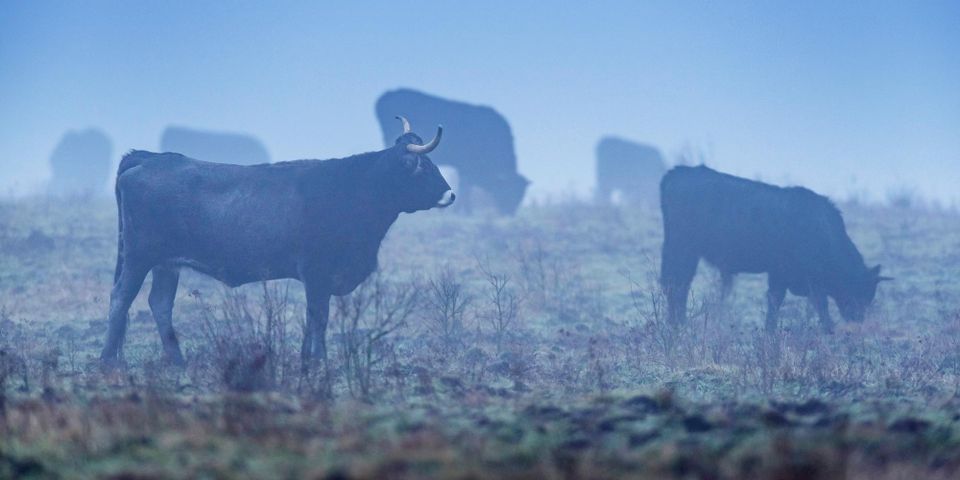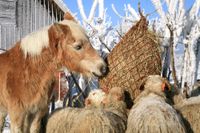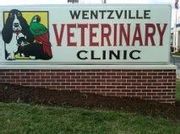
Many animals grow extra layers of hair or fur to stay comfortable during the winter months, but the owner provides resources like water, shelter, and food. Stay up to date on how to provide your livestock with accurate requirements to keep your animals healthy and prevent a trip to an animal hospital because of dehydration, hypothermia, or malnutrition.
Food
 Each animal will require different amounts of food, but it’s common for them to increase their consumption during the winter. Food activates the metabolism and provides an internal heat supply. Treat your animals right by investing in good quality grain or hay to fuel your livestock through the winter.
Each animal will require different amounts of food, but it’s common for them to increase their consumption during the winter. Food activates the metabolism and provides an internal heat supply. Treat your animals right by investing in good quality grain or hay to fuel your livestock through the winter.
Water
Each animal drinks varying amounts of water, but it should always be provided at 40-50 degrees Fahrenheit. Though animals may eat snow, it is not a recommended primary source of water because the metabolism has to work harder to warm it before it is absorbed. Heat the water in their trough, so they are compelled to drink more, which prevents dehydration and helps with digestion.
Shelter
Building living quarters for your livestock is a relatively cheap investment but makes a huge difference in the winter. Before the rain or snow starts falling, create a well-ventilated area for your livestock to rest. Make sure there is enough room for several animals to lie down. Perform regular checks to monitor any episodes of hypothermia. In this case, your livestock may need additional insulation, like hay or blankets, to prevent serious illness that can send them to an animal hospital.
Troy & Wentzville Veterinary Clinic has 60 years of experience providing quality animal hospital care in Troy, MO. They have skilled, compassionate veterinarians on-call who can provide your livestock with a complete range of health care services. Schedule your animal’s appointment by calling (636) 528-4534 or stay up to date with this clinic’s offers online.
About the Business
Have a question? Ask the experts!
Send your question

